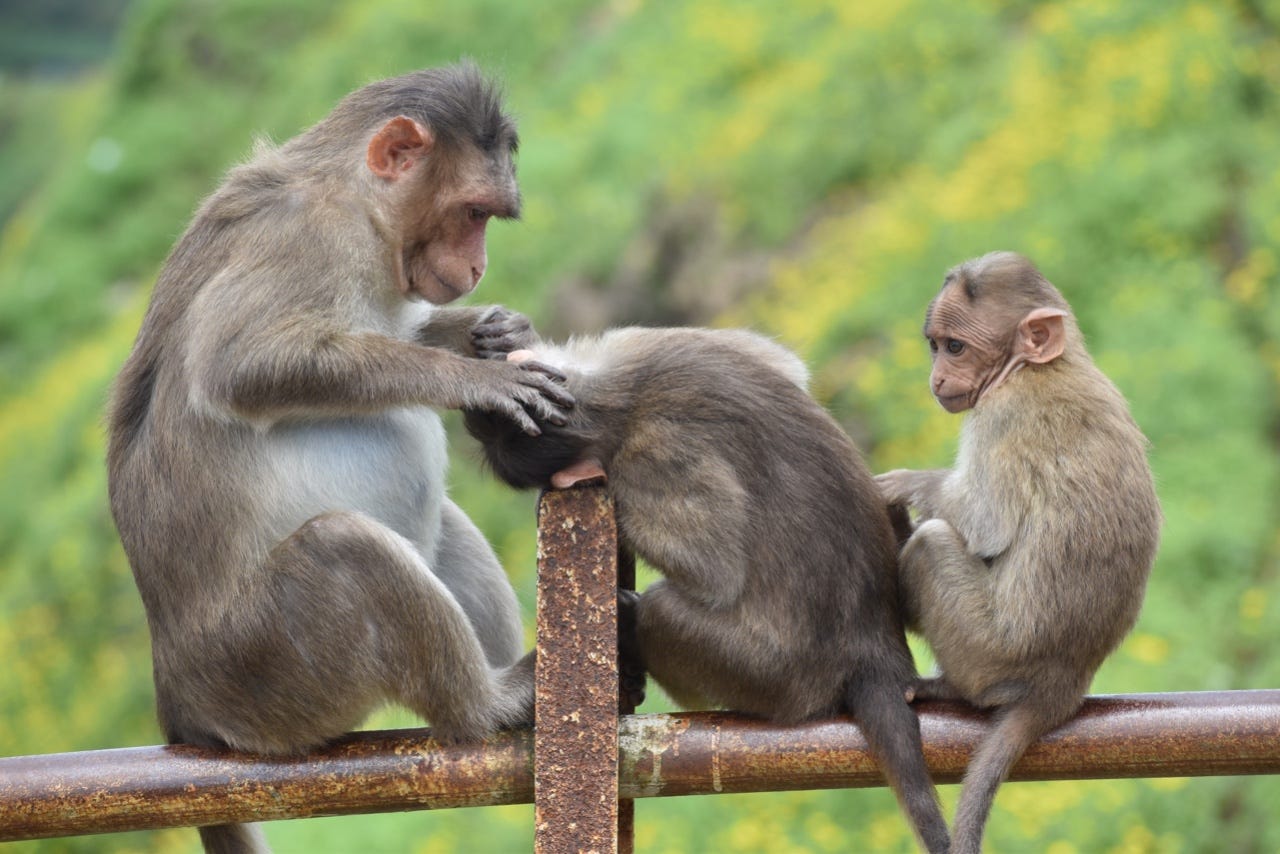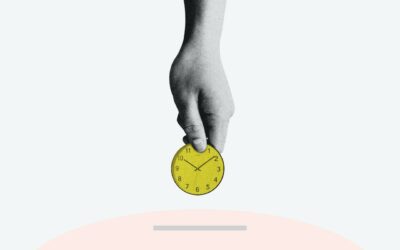Groom yourself to feel good.
I found this note waiting for me this morning in the kitchen.
It was from my daughter who is home for the holiday week from New York. I made her a cup of coffee yesterday morning and it was waiting for her on the table when she woke up and meandered sleepily into the kitchen.
Seeing the warm and happy note of gratitude snapped me out of my 4:45 AM going through the motions catatonic coffee making routine. Suddenly, without my coffee, I was awake, bright, and happy. Boom. Just like that.
My daughter changed the trajectory of my life several years ago when she was a student at Boston College. She sent a link to a youtube video about a study on gratitude that a fellow student, Josh Coyne, had conducted on gratitude as part of his senior thesis.
Bear with me for a moment of backstory. When I went to Hazelden for my prescription narcotic addiction the councilors constantly harped on the value of daily gratitude writing practice. Just sit down and write three things you are grateful for and you will feel good. I didn’t buy it. Being a thoracic surgeon, it seemed to be just too small and weak an intervention to make any meaningful difference.
So as I clicked play on the video, that is the belief system, the excuse, and the rationalization that I had in place to blow off the idea of a gratitude practice.
As the songwriter and musician Leonard Cohen says in his song Anthem:
There is a crack in everything
That’s how the light gets in
10 minutes later I was standing there with tears streaming down my cheeks. The crack that let the light in about gratitude was chiseled open by the data in in Josh’s study. Writing a gratitude letter to someone who had made a difference in the student’s lives and then reading it out loud to them made a significant difference in the student’s levels of stress, self-compassion, and self-love.
I reached out to Josh, got a copy of his thesis, looked up the references, and as they say the rest is history. I went on meditation retreats, self-compassion retreats, mindfulness in medicine retreats, all kickstarted by that video. The video changed my mind, and it changed my life.
Back to gratitude. Have you ever seen monkey’s grooming each other?
Grooming is a common activity among a number of mammals. Impalas groom each other, but their grooming is a highly functional, get rid of the parasites around each other’s heads and necks by nibbling the bugs off with their teeth. It is a brief and highly utilitarian activity, like sweeping the floor.
Monkeys (and primates in general) on the other hand groom each other way more than is necessary to just get the bugs off. They spend up to 17% of their waking hours grooming each other. Why?
Social cohesion and the maintenance of monkey harmony. Primates live as social groups (like us) and their social relationships are complex and long lasting (like us).
Monkey grooming settles monkey tensions and it provokes reciprocity among monkeys. So when a monkey gets groomed by another monkey, the monkey that got groomed feels warm and fuzzy toward the monkey that gave the grooming, and that warm and fuzzy feeling makes the groomed monkey want to be real nice to the other monkey. It wants to return the favor of grooming, it wants to share food, and it wants to support the monkey socially when it needs support.
Sound familiar?
Turns out that the physiologic basis of primate grooming and human gratitude is likely the innate opioid system of the brain. The theory, strongly supported by research in primates, is called the Brain Opioid Theory of Social Attachment. The idea is that long-term, affective social relationships seen in primates and humans are driven by the natural opioid molecules found in the brain.
A bit of data here:
- If you isolate a monkey socially and then let another monkey groom it, the levels of natural opioid molecules increase in the isolated monkey.
- Giving a monkey naloxone (an opioid antagonist that blocks the action of opioid molecules) increases that monkey’s solicitation of other monkeys to get a grooming.
- Giving a monkey morphine decreases its solicitation of other monkeys to get a grooming.
Social psychology studies confirm parallel behaviors among humans who express gratitude to a person who has done something for them that is perceived as beneficial. Let’s use the example of my daughter writing the note:
- The day before I spontaneously made her a cup of coffee and put it out on the table.
- She felt grateful, and she made the effort to write me the lovely note you see above. She feels pretty good as she is thinking and writing about me making coffee for her. Her brain opioids are coming on line.
- I see the note, and immediately, I feel great. My brain opioids are coming on line. Emotions are linked to this note and the act of making her coffee, and memories associated with emotions are much more sticky and powerful.
- Her note makes me much more likely to make coffee for her again and, having set the stage, I now want to do other small things for other people, a process that I call gratitude collateral building.
- She also feels the pull of gratitude collateral building induced by the act of writing the note of gratitude.
So you see, gratitude is sticky and it spreads, like honey.
I was wrong about gratitude. It is one of the most powerful ways to change your mind and your life.






Love, love, loved this!! Where was the note though??? I feel grateful every single day, I don’t write it down but note it mentally. I take stock of all the people in my life that make it wonderful in my thoughts on a daily basis.
Great message Mike!
I take my coffee with steamed almond creamer (preferably vanilla flavored) just in case you were wondering. 😉